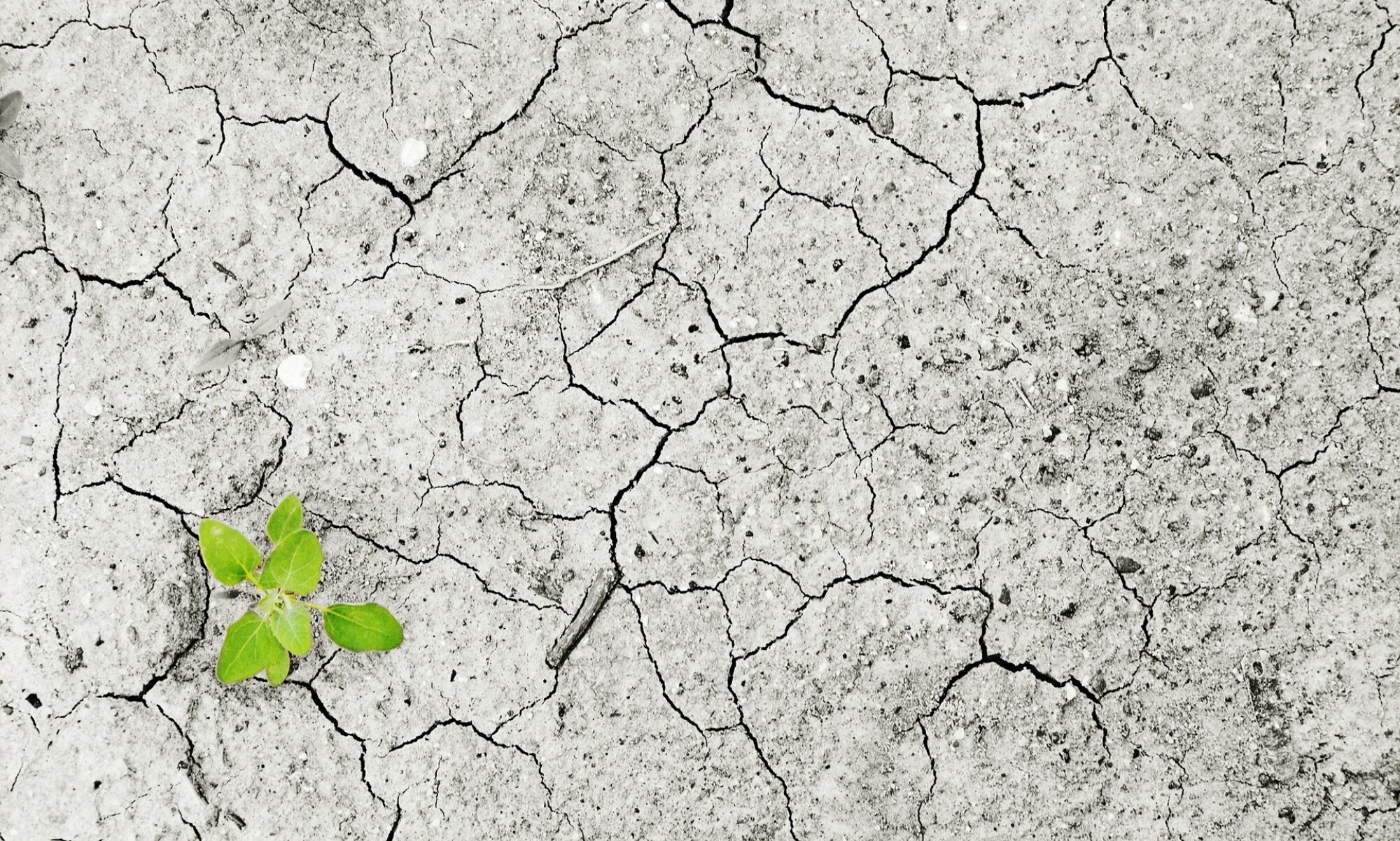Date of judgement: 23 September 2020
Court: United Nations Human Rights Committee
Citation(s): CCPR/C/127/D/2728/2016; Views adopted by the Committee under article 5 (4) of the Optional Protocol, concerning communication No. 2728/2016
Short summary
In its first ruling on a complaint by an individual seeking asylum from the effects of climate change, the United Nations Human Rights Committee found that states may not deport individuals who face climate change-induced conditions that violate the right to life.
Summary by: Makaela Fehlhaber
Weight of decision
This decision is significant in that it is one of the first to acknowledge climate change-induced conditions as drivers of asylum claims. The Committee is responsible for holding states to account for upholding the International Covenant on Civil and Political Rights, however, its decisions are not binding.
Key facts
The applicant sought asylum (and in the alternative, to be regarded as a protected person) on environmental grounds and argued that this was within the scope of the 1951 Refugee Convention.
Further, the applicant contended that deportation back to Kiribati would violate Art. 6 (the right to life) of the International Covenant on Civil and Political Rights. The applicant sought determination by the Committee on the basis that he had exhausted all available domestic remedies (para. 8.3), a fact not disputed by the State party.
New Zealand’s primary arguments surrounded the lack of evidence put forth by the applicant to support the argument that there was an imminent risk to his right to life, and that the claim should be deemed inadmissible.
The Committee was asked to determine whether New Zealand had breached its obligations under the ICCPR by deporting the applicant back to Kiribati on the basis that the evidence did not support a finding that the applicant would face the risk, or would likely face the risk of arbitrary deprivation of life upon his return to Kiribati.
Continued on the next page…

